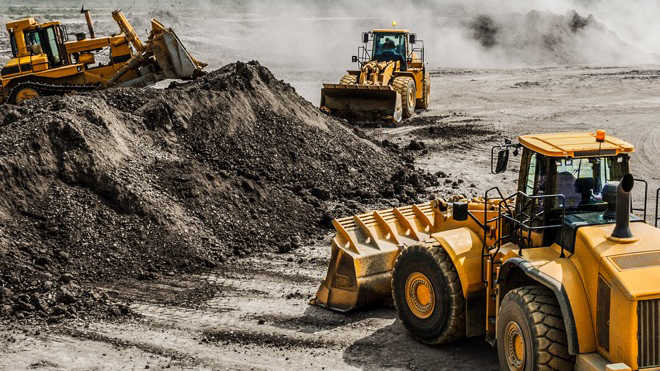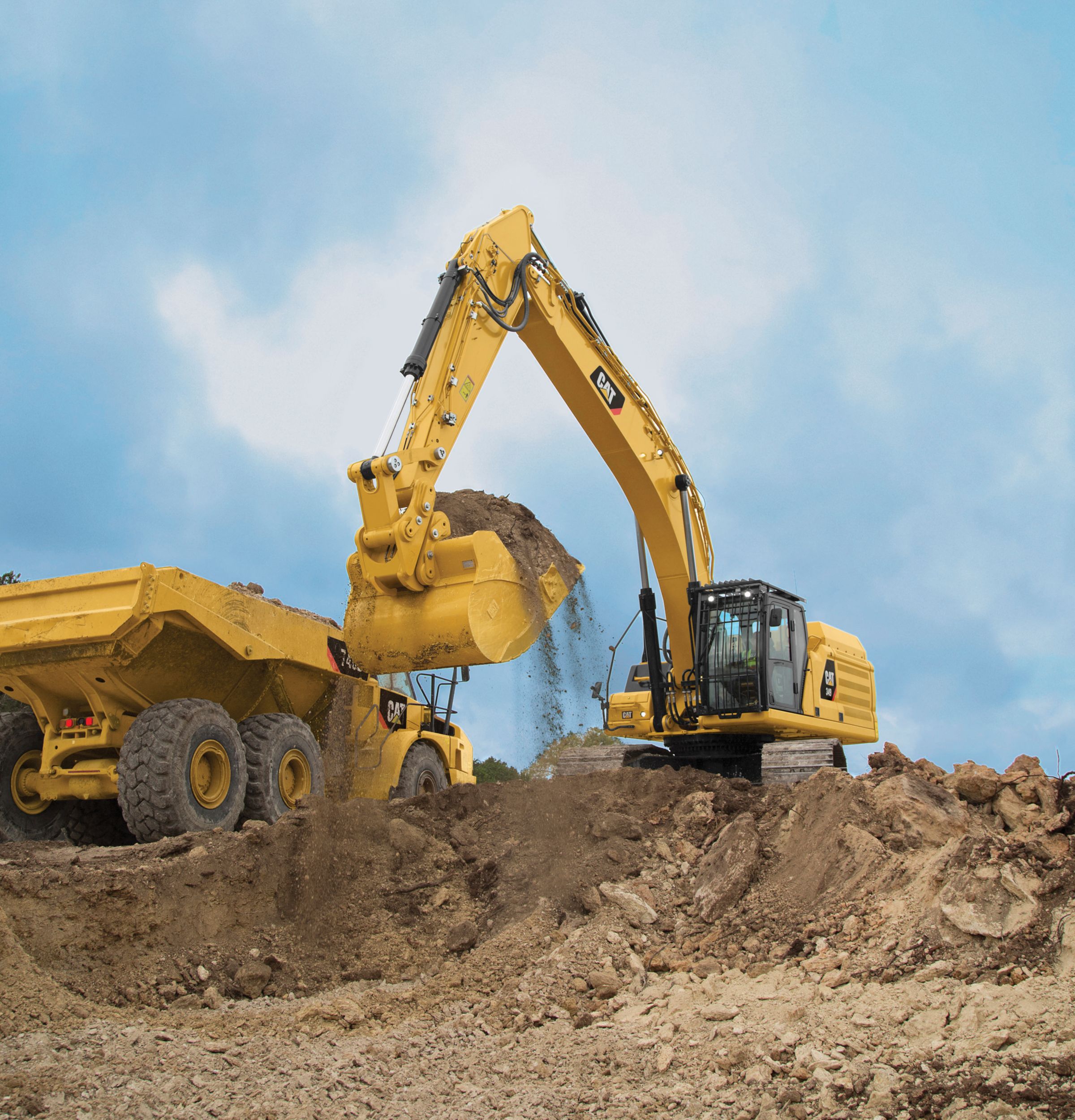Renting Vs. Purchasing Construction Equipment: Making the Right Choice for Your Job
When starting a building task, one of the essential choices that forecast managers and stakeholders face is whether to rent or acquire building and construction equipment. Both choices have their advantages and downsides, making the choice an essential one in the task preparation process. The choice pivots on various factors such as expense factors to consider, job duration, devices upkeep, scalability, threat, and adaptability administration. Each aspect plays an important duty in determining one of the most suitable course for the project's equipment demands. heavy equipment rental. Let's check out these aspects even more to comprehend how they impact the decision-making procedure and inevitably the success of the task.
Expense Factors To Consider
When assessing the economic facet of leasing versus purchasing building and construction devices, the in advance costs and lasting costs must be meticulously taken into consideration. Renting tools usually needs lower preliminary repayments compared to purchasing, making it an attractive alternative for short-term projects or contractors with budget plan restrictions. Leasing eliminates the demand for huge funding expenses and lowers the monetary risk linked with tools possession, such as upkeep and devaluation expenses. Nonetheless, over time, constantly leasing equipment can collect greater prices than purchasing, specifically for extended tasks.
On the various other hand, acquiring building and construction tools involves greater in advance prices however can result in long-term cost savings, specifically for lasting tasks or constant users. Ultimately, the choice between renting out and purchasing building devices pivots on the project's duration, frequency of use, spending plan considerations, and lasting economic goals.
Task Period

Alternatively, for long-lasting jobs or ongoing construction work, acquiring devices might be the extra affordable choice. Purchasing equipment can result in cost financial savings in the future, especially if the tools will certainly be regularly utilized. Furthermore, owning equipment gives a sense of control over its schedule and enables modification to fit specific job demands.

Devices Upkeep
Given the crucial duty task period plays in establishing one of the most cost-efficient approach between purchasing and renting construction devices, the emphasis currently changes towards analyzing the essential aspect of tools maintenance. Appropriate maintenance is important for making sure the optimum efficiency and longevity of building tools. Renting tools frequently includes the advantage of having actually properly maintained equipment supplied by the rental business. This can reduce the worry of maintenance jobs from the task owner or contractor, conserving effort and time. On the other hand, owning devices calls for a proactive technique to maintenance to stop break downs, ensure security, and expand the tools's life-span. Normal examinations, maintenance, and prompt repair work are essential to maintain owned and operated devices in leading functioning problem. Aspect in upkeep costs when determining in between acquiring and renting out, as overlooking maintenance can lead to costly repair work, downtime, and job delays. Eventually, a properly maintained building equipment fleet, whether rented out or owned, is crucial for the effective and successful completion of building jobs.
Versatility and Scalability
In the realm of building tools management, the aspect of flexibility and scalability holds considerable importance for job effectiveness and source use. Deciding to lease building tools offers a high degree of adaptability as it allows for the quick change of tools types and quantities based upon the evolving needs of a job. Renting enables specialists to access a variety of customized equipment that may be required for details jobs without the lasting dedication of ownership. This adaptability is especially advantageous for projects with differing demands or unsure durations (dozer rental).
Renting out construction devices offers the advantage of quickly scaling operations up or down as project demands change. Contractors can rapidly include or exchange equipment to match the job's altering needs without the restraints of having properties that may become underutilized or outdated.
Risk Management
Efficient risk monitoring in construction devices operations is vital to ensuring project success and mitigating prospective monetary losses. Building and construction projects naturally entail various dangers, such as tools failures, crashes, and project delays, which can considerably impact the task timeline and spending plan. By carefully considering the dangers linked with owning or leasing construction equipment, project supervisors can make educated decisions to lessen these prospective risks.
Renting building and construction devices can provide a degree of danger mitigation by moving the obligation of upkeep and fixings to the rental firm. This can lower the monetary concern on the job owner in case of unanticipated equipment failures (construction equipment rentals). In addition, renting out supplies the flexibility to gain access to customized devices for details project phases, minimizing the risk of having underutilized equipment
On the other hand, owning building tools provides a feeling of control over its use and upkeep. Nonetheless, this also indicates birthing the full obligation for repairs, upkeep costs, and devaluation, raising the financial dangers connected with tools possession. Mindful threat assessment and consideration of factors such as task duration, devices utilization, and maintenance requirements are essential in figuring out the most suitable alternative for effective danger administration in building tasks.
Conclusion
To conclude, when making a decision between renting and getting building devices, it is necessary to think about expense, job period, tools upkeep, versatility, threat, and scalability monitoring. Each variable plays an essential duty in identifying one of the most appropriate option for the job at hand. By thoroughly reviewing these elements, project managers can make an enlightened choice that lines up with their budget plan, timeline, and total job goals.
